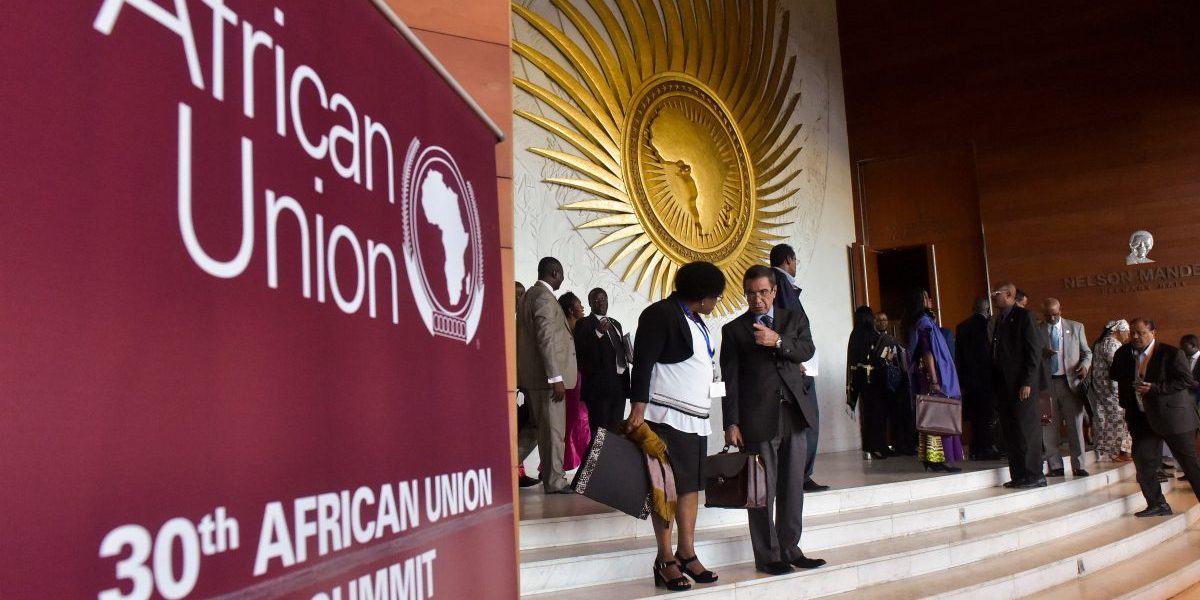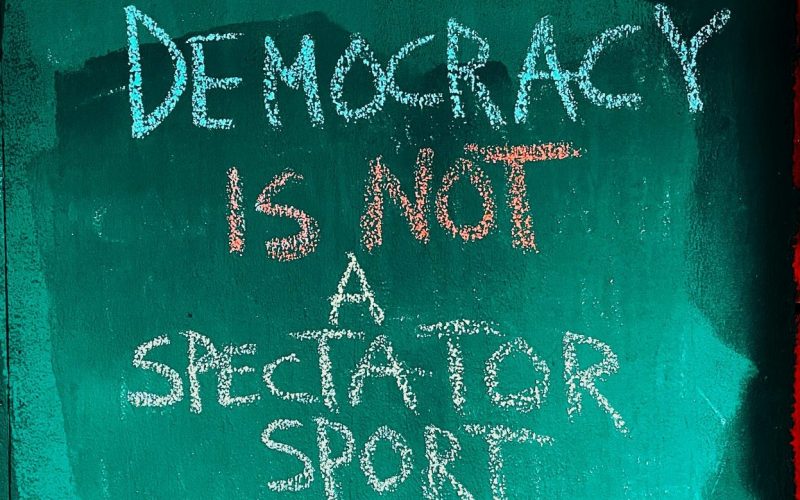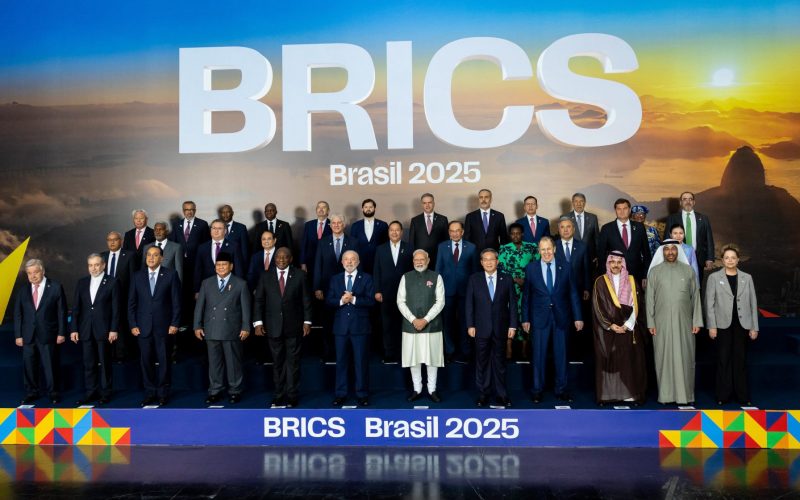Summary:
- In 2016 the African Peer Review Mechanism (APRM) – Africa’s home-grown governance assessment and promotion tool – was given additional responsibilities by its parent body, the AU. Collectively, these added features are known as the APRM’s Expanded Mandate.
- Among others, the Expanded Mandate has been interpreted to extend the APRM’s purview to monitor governance not only in its current 41 member states but also in non-member states. A focus has been on the status of implementation of the governance aspects of the AU’s 50-year blueprint, Agenda 2063: The Africa We Want, and the UN’s Sustainable Development Goals.
- While the Expanded Mandate and the leadership’s turnaround strategy can be credited for the momentum, renewed energy and interest the APRM has enjoyed from member states, civil society organisations and development partners, some contend that it has also distracted the APRM from its core focus.
- This paper reflects on the implications of this Expanded Mandate. It explores some of the opportunities and challenges it has created for the APRM, the impacts of COVID-19 on its implementation and, finally, how institutional changes within the APRM Continental Secretariat could influence its future.
- With innovative instruments such as targeted reviews, countries that were not necessarily keen on full reviews or that may have faced challenges in conducting full reviews are still able to participate, by opting to scrutinise specific areas of concern.
- The APRM has an opportunity to harness the energy created by Expanded Mandate projects to sharpen focus, retain relevance to member states (beyond the political sphere, to meet the expectations of citizens) and ensure institutional stability.








